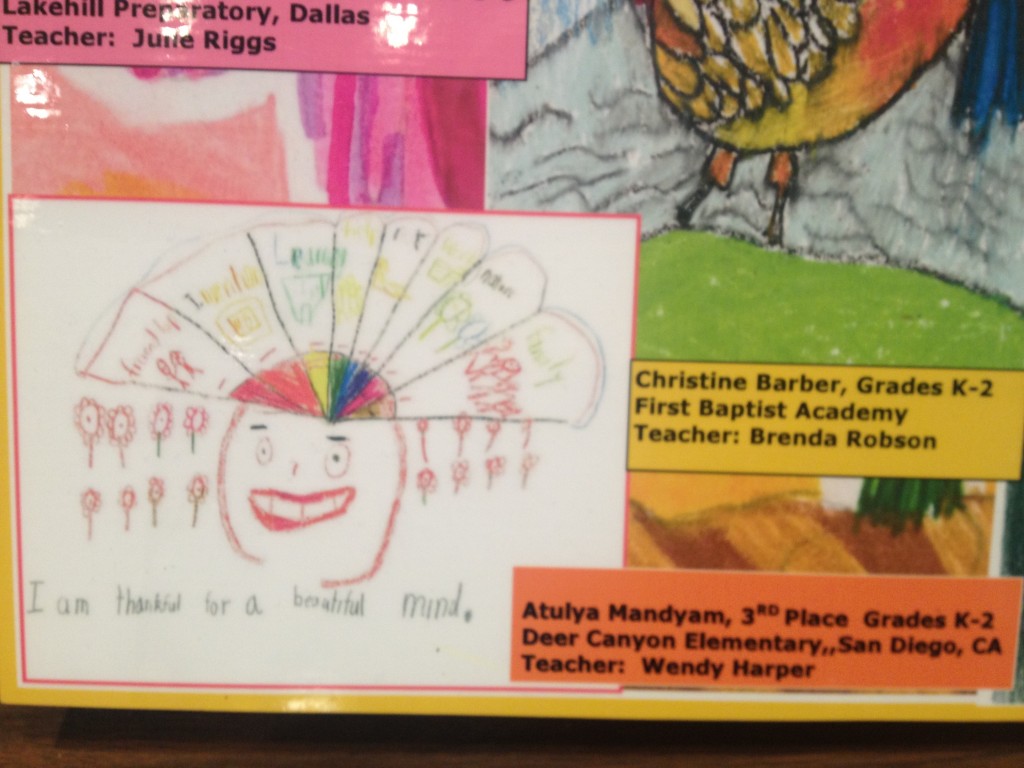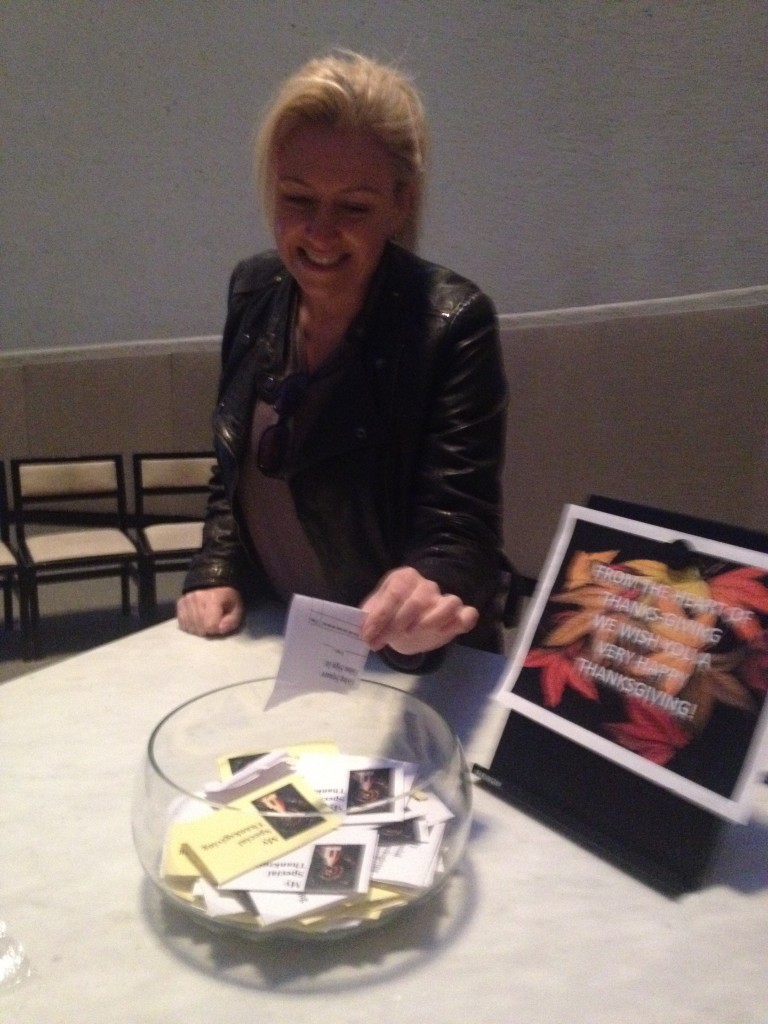This post was originally shared by Mamamia.
For three little kids in Utah, the Grinch has just stolen their Christmas. And the Grinch? It’s Mum.
Fed up with her family seeming ungrateful, Lisa Henderson decided to cancel presents and Christmas festivities.
Is there a parent alive who hasn’t at least flirted with the idea of doing this? Anyone who’s ever been on the receiving end of a child’s ingratitude knows that one of the most infuriating things about it is their lack of awareness of just how good they’ve got it.
But while it is easy for us as adults to see how absurd it is to be grateful in the midst of plenty, imagine for a moment what it’s like from our children’s point of view. Compared to any previous time in history, children in the developed world are growing up with far more stuff to want, far more channels by which that stuff is marketed and advertised to them, and more disposable income or credit cards in our wallets with which to buy that stuff. Only a few generations ago, at Christmas a child might have been delighted to get a stocking filled with fruits, nuts, sweets, and trinkets.
Compare that to the vast array of toys, electronics, music, shoes, makeup, clothes, and so on children are now convinced they need. Oxygen, water, food, shelter, love—these are what we really need. But thanks to sophisticated marketing and advertising, celebrity endorsements, and children’s strong and valid urge to fit in, high-price consumer goods can seem essential to survival.
Even when children do receive the things they want, it doesn’t necessarily make them happy, because they are living in a state called the “abundance paradox.” Sociologist Christine Carter, of the Greater Good Science Center at the University of California, Berkeley, puts it this way: “Their disappointment when they don’t get what they want is greater than their gratitude when they do get what they want.” This is because gratitude comes much more easily in times of scarcity. Carter uses the example of a child growing up in a home where there isn’t enough to eat. That child is likely to be more grateful and less picky about the food that is on his or her plate compared to a child whose fridge is full of goodies. Similarly, generations ago it would have been easier to please children with gifts because their closets weren’t already stuffed to bursting with consumer goods. Carter notes that “even underprivileged children in the West have more than most children in the world, who live in developing nations.”
As a parent of children who are fortunate to live in comfortable circumstances, I don’t want to have to cancel Christmas or deprive them of the things they want. I don’t want to make them feel guilty for having a better life than the many less fortunate children in the world. At the same time, I do want them to know that not everyone in the world enjoys the same level of comfort and security as they do. I want them to appreciate all they have and be grateful for it.
And this gift? The gift of learning to be thankful? Not only can it be taught but it may well be one of the best presents we can give our kids. When researching my latest Ebook, “Gratitude: a positive new approach to raising thankful kids” my writing partner Vanessa Mickan and I waded through mountains of research by psychologists on gratitude and found benefits that included joy, reduced depression, optimism, richer social interactions, reduced materialism and even physical benefits such as stronger immune systems, lower stress, less pain and better sleep.
We also discovered numerous strategies that can foster this attribute in kids. Whether it be keeping gratitude journals, writing letters or cards of thanks, giving to the less fortunate, giving their time and effort to others through acts of service to the community, or recognizing the everyday heroes that help them, the research is also clear that thankfulness can be taught.
And the best part? Kids will quickly feel the benefits for themselves too. Ms Henderson reports there has already been a change in her kids: “They are learning exactly what we wanted them to learn, because they are not moping around feeling sorry for themselves. They are thinking of others.”
So whilst this Grinch may have cancelled Christmas, by doing so, perhaps she has instead reintroduced the true spirit of the season.
Some ideas from Gratitude for bringing back the thankful at Christmas:
* Christmas love letters. A mother named Linda Evangelist who hated shopping started a tradition in her family in which they did not exchange presents on Christmas Day but wrote letters listing 25 things they loved about each other. It’s become a treasured tradition for many families across the globe since author and journalist Richard Louv wrote about it. I don’t think you necessarily have to forgo gifts to do this. (Unlike Linda Evangelist, I love buying presents!) And if your kids are very young, you might need to simplify the exercise so everyone can take part.
• Christmas gratitude calendar. Christmas can seem like a relentlessly materialistic season, with decorations appearing in stores earlier every year and a barrage of ads everywhere you look. One antidote is to make a gratitude calendar, similar to an Advent calendar. For each of the 24 days leading up to Christmas, an Advent calendar has a little door for kids to open to reveal a message, a toy, or a chocolate. The gratitude calendar has 24 empty pockets. Each day, kids take a small piece of paper, write on it something they’re grateful for, and slip it in the pocket. It could be a lot of fun to spend time on Christmas Day reading through all the things everyone’s grateful for.
The book may be purchased at: www.enlighteneducation.com/shop OR at Itunes (RRP $8.99). It will also be available as a hard copy in all good book shops from February 2015.





